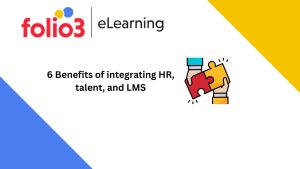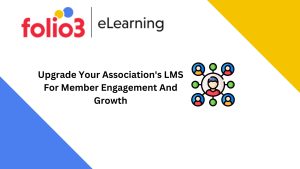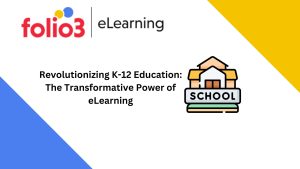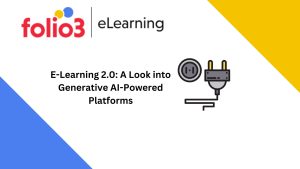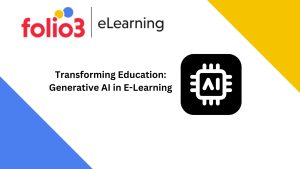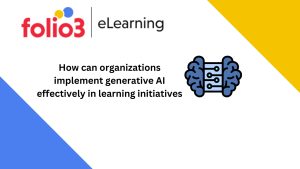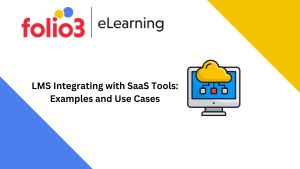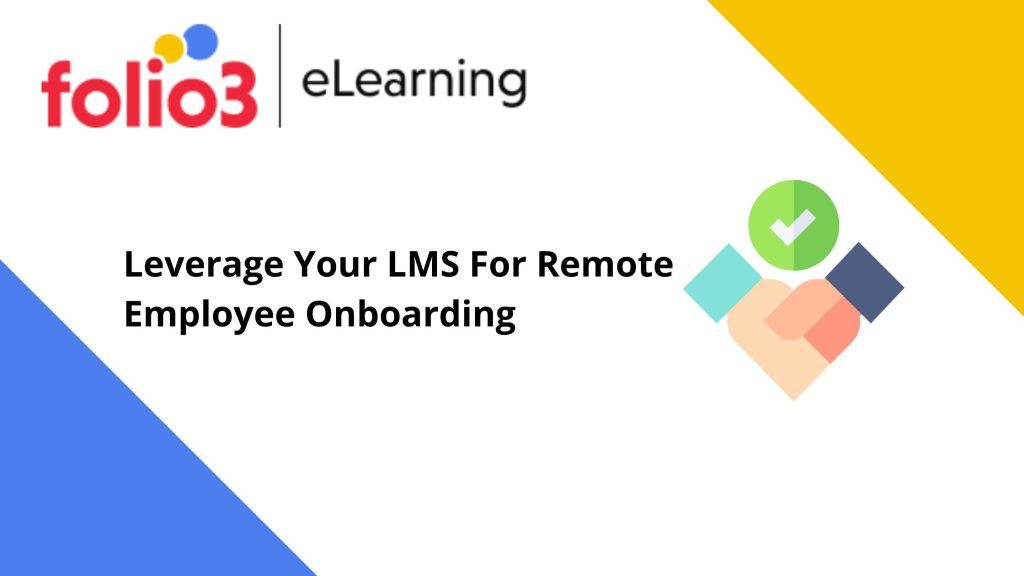
A Learning Management System, also known as an LMS, is a piece of software or digital technology used to design, carry out, and evaluate a particular learning process. According to research on LMS, 77% of workers claim they would approve an offer of employment without going to the office. Additionally, organizations that use remote employee onboarding solutions are 1.6 times more highly likely to have a lower cost per hire.
The Executive Summary
What, therefore, can a Custom Employee LMS offer for remote employee onboarding? Continue reading to discover how to create and deliver onboarding programs by utilizing the LMS’s power. It goes without saying that developing effective onboarding solutions for your new hires takes time and resources, whether there are a few or many hundred people joining the team, thus the topic of our article today.

The Definition Of Remote Employee Onboarding
While remote onboarding can be completed via technology without face-to-face meetings, traditional onboarding refers to integrating new team members into an organization. Onboarding solutions are made to not only educate new employees but also assist them in adopting the company culture into their daily lives with the aid of an efficient LMS system.
Features Of Custom Employee LMS
- Creating Customized Learning Paths
Building individualized learning experiences for every one of the positions in your organization, learning paths let your group programs and tailored design learning for your staff. For instance, you could create a learning route with three courses—one on learning about your company’s products, one on learning about your customers, and one on how to approach the sales process—for all new recruits in the sales department.
- In-Person Conversations
Face-to-face interactions with mentors or coworkers, whether in person or via video conference, promote a higher level of comprehension and enable new hires to get to know the members of their team or other important coworkers. By using your LMS to schedule appointments for new hires directly, you can incorporate these beneficial sessions as measurable components of your onboarding procedure.
- Roles-Based Learning Automation
If your LMS allows users to define roles and divisions for each of their users and automate learning assignments, assigning new hires to the appropriate learning will be a breeze once you’ve built your learning pathways. Once a new hire is onboard with the Custom Employee LMS, designate their job description and automatically enter them into the appropriate learning pathways.
- Performance Assessment And Gauging Progress
You’ve designed your learning pathways and made sure that after they’ve finished all of the courses, every new hire is prepared for success. Of course, you must now make sure that all these new employees are attending onboarding training sessions on a regular basis. Your LMS should make it simple for you to monitor every employee’s learning progress and identify individuals who lag behind so you can figure out the issue and involve supervisors if necessary.
- Flexibility For New Hires With Mobile Learning
The ability to react to the changing needs of businesses, people, and digital behaviors necessitates having a mobile learning strategy. Giving your staff the freedom to higher affinity when they require it by making all of your onboarding mobile-friendly. Additionally, as the millennial and Gen-Z generations become more prevalent in the workforce, fully mobile onboarding could retain this younger workforce.
Top Four Benefits of Remote Employee Onboarding
- User-Friendly Design
Users can obtain information about their work or organization more easily with remote employee onboarding using an LMS because they don’t have to go through numerous stages to get there. No matter where they are in the world, employees can easily log into mobile phone apps or computers to access all the information they require about their jobs.
- Regulations Complaint
You may train the employees and other company associates regardless of where they are situated when you incorporate an LMS with robust security procedures. You can feel secure knowing that you are in compliance with laws when using an LMS for remote employee onboarding. There is no reason for your new hires to get frisked or go through background checks since you won’t be meeting them in person; all they require is some simple identification paperwork so they can begin working as soon as they arrive!
- Foster A Friendly And Enhanced Organizational Culture
An LMS can assist in building training programs for a company with a strong culture by incorporating some gamification and competitiveness. Conversely, organizations seeking to influence their culture can use an LMS to contribute initiatives that will aid the workforce in forging deeper relationships inside the teams via positive activities and team-building exercises.
Aside from that, one of the best things regarding remote employee onboarding with an LMS is that it enables you to give your employees a friendly, enjoyable experience. Before beginning the journey together, your employees can get to know one another and develop trust in their team through the remote employee onboarding process, which facilitates a smoother transition.
Conclusive Thoughts!
Small organizations can improve remote employees’ learning and onboarding processes by using Folio3’s simple-to-use remote onboarding solutions. This small business all-in-one online mobile training solution can be utilized for remote staff onboarding and training. It allows you to design, personalize, and oversee various forms of exercise for your personnel.
You may boost team members’ skills and simplify the remote onboarding process by implementing an efficient learning management system.

